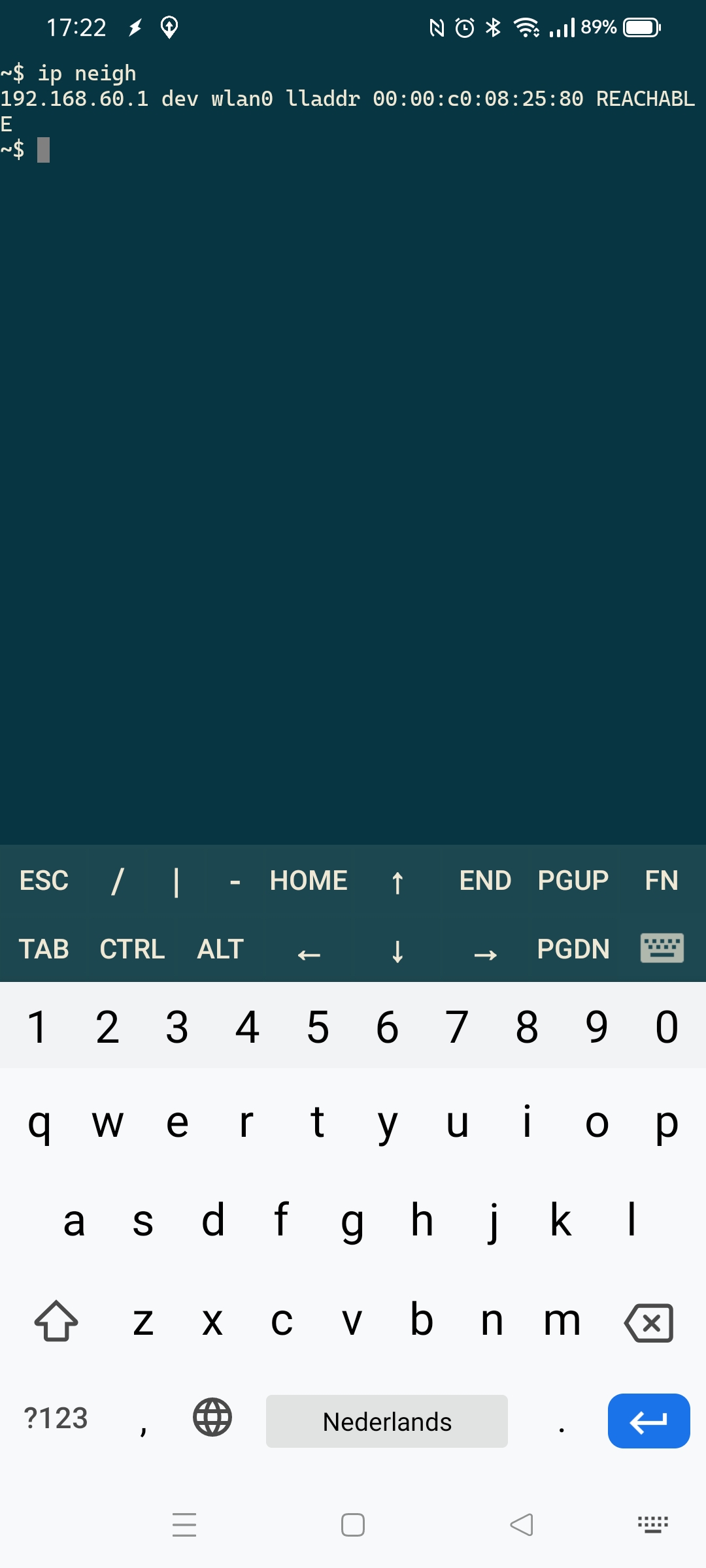When using Spice and VNC to virtual machine consoles, and remote consoles like idrac and ilo, it is not alway possible to copy-paste.
When doing maintenance it is a annoyance to type a super strong and long password by hand, Prone to typing errors, timeouts. And following lockouts.
So i wanted to auto type the password.
First solution was to bind a little bash script to a key combination.
#!/bin/bash # Usage: make a keypress shortcut to this script # activate shortcut, and the script wil give you 10 seconds to click and focus remote console window. # It pastes the password, and you can press enter to login # ( you can use xdotool also to press enter for you ) sleep 10 xdotool type "SUP3Rl00000ngandcompl3xpasswo0d@#@#@#%$%$%%$-you-cant-type-me-without-erors"
I’ve bound this to a key combination on my workstation.
gsettings set org.gnome.settings-daemon.plugins.media-keys custom-keybindings "['/org/gnome/settings-daemon/plugins/media-keys/custom-keybindings/custom0/']" gsettings set org.gnome.settings-daemon.plugins.media-keys.custom-keybinding:/org/gnome/settings-daemon/plugins/media-keys/custom-keybindings/custom0/ name 'passpaste' gsettings set org.gnome.settings-daemon.plugins.media-keys.custom-keybinding:/org/gnome/settings-daemon/plugins/media-keys/custom-keybindings/custom0/ command '~/bin/passpaste.sh' gsettings set org.gnome.settings-daemon.plugins.media-keys.custom-keybinding:/org/gnome/settings-daemon/plugins/media-keys/custom-keybindings/custom0/ binding '<Super>p'
This works, but only where this script is installed.
So not on colleagues machines, workstations with windows, and the super secret admin/root account sits in a file.
So i made a password key, which count be behind lock and key.
Using a digistump, a push-button and a resistor, the passpaster was born.
Program to flash on the digistump
#include "DigiKeyboard.h"
void setup() {
DigiKeyboard.sendKeyStroke(0);
DigiKeyboard.delay(1000);
}
void loop() {
if (digitalRead(0) == HIGH) WorkPass();
if (digitalRead(1) == HIGH) LtPass();
}
void WorkPass() {
DigiKeyboard.print("SUP3Rl00000ngandcompl3xpasswo0d@#@#@#%$%$%%$-you-cant-type-me-without-erors");
DigiKeyboard.println();
DigiKeyboard.delay(50);
setup();
}
void LtPass() {
DigiKeyboard.print("secondlongpasswordifyouareusingtwobuttons");
DigiKeyboard.println();
DigiKeyboard.delay(50);
setup();
}
Plug the Digispark into you machine, it wil emulate a HID device (Keyboard).
Get your remote console into focus, press button .. presto!


TODO:
- 3D print a little case
- pin protect?
- rotary + display? (Like below)
It would be nice to have something like:
Rotary encoder 1 – selects which password to paste
Rotary encoder 2 – (1-255) does a encryption method on the password
Display shows : Password #32 – Crypt # 88
So you can have for example 255 passwords with 255 encryptions .. which to use when? Only you know.
Above can’t be done with a Digispark, so i’ll have to use a Arduino Pro Mini or a equivalent


























